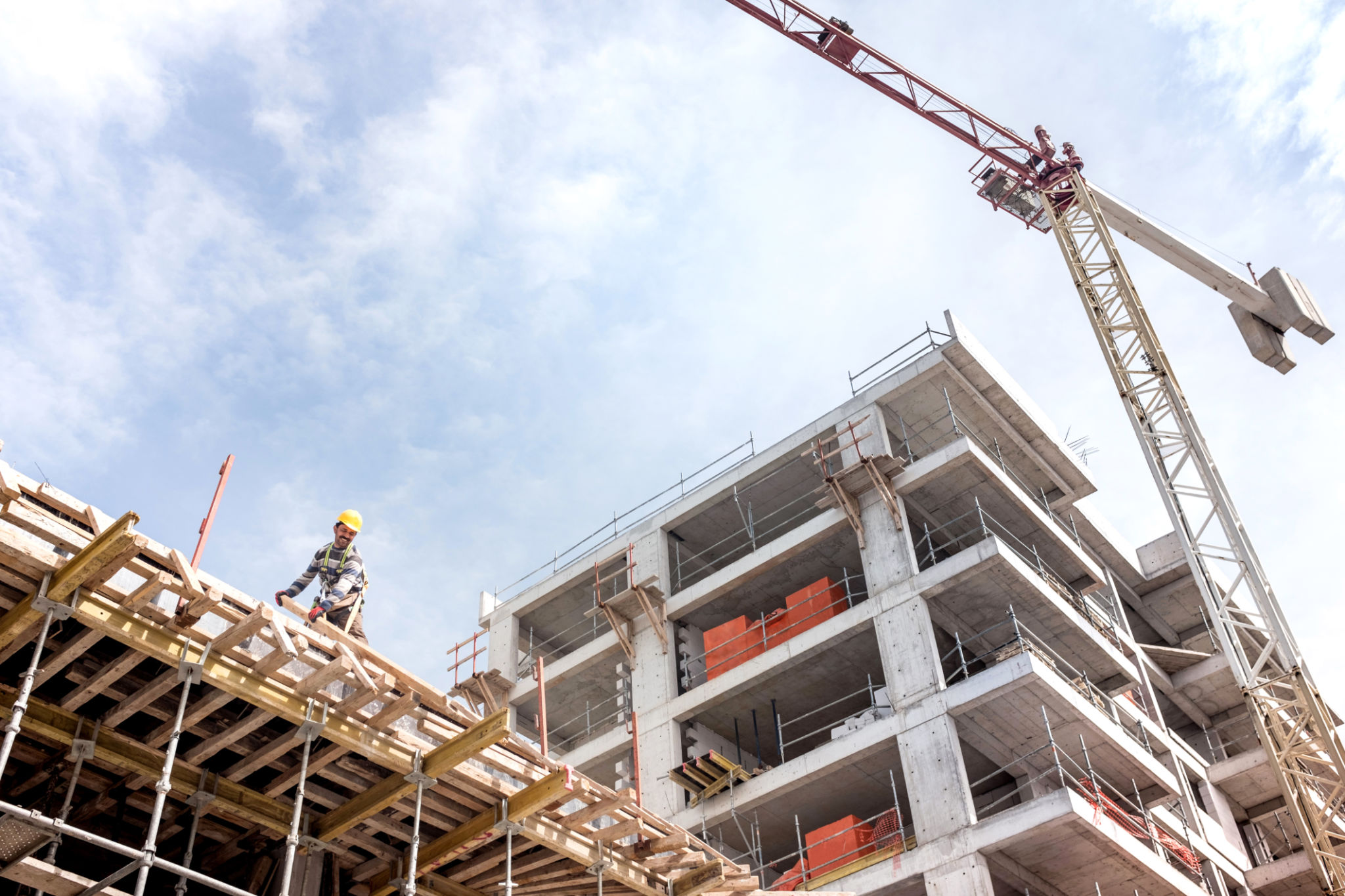Expert Tips for Effective Urban Planning in Wake County
Understanding Urban Planning in Wake County
Urban planning in Wake County is a dynamic process that requires balancing growth, infrastructure, and community needs. As one of the fastest-growing regions in North Carolina, Wake County faces unique challenges and opportunities. Effective urban planning can ensure sustainable development and enhance the quality of life for its residents. This article explores expert tips to guide urban planning efforts in this vibrant area.

Emphasizing Sustainable Development
One of the key principles of effective urban planning is sustainability. Urban planners should focus on creating developments that are environmentally friendly and resource-efficient. This involves integrating green spaces, encouraging public transportation, and promoting energy-efficient buildings. Sustainable development not only benefits the environment but also contributes to the long-term economic success of Wake County.
Planners can adopt practices such as utilizing renewable energy sources and implementing water conservation strategies. Moreover, encouraging mixed-use developments can reduce the need for long commutes, thus decreasing carbon emissions. By prioritizing sustainability, Wake County can set an example for other regions.
Incorporating Community Engagement
Community engagement is essential for successful urban planning. Engaging with residents ensures that the plans reflect the community's needs and aspirations. Planners should organize public forums, workshops, and surveys to gather input from diverse stakeholders. This collaborative approach fosters a sense of ownership and responsibility among residents.

Through open communication and transparency, planners can build trust with the community. Listening to concerns and incorporating feedback into planning decisions helps create spaces that are inclusive and functional for everyone. This participatory process also aids in identifying potential issues early on, thus preventing costly revisions later.
Enhancing Infrastructure and Connectivity
Infrastructure plays a crucial role in urban planning. Efficient transportation networks, reliable utilities, and robust communication systems are fundamental to a thriving community. In Wake County, improving infrastructure involves expanding public transit options, modernizing roadways, and ensuring reliable internet access.
Planners should prioritize projects that enhance connectivity within and beyond the county. By investing in smart infrastructure solutions, Wake County can improve traffic flow, reduce congestion, and support economic growth. Additionally, enhancing pedestrian and cycling infrastructure encourages healthier lifestyles and reduces dependency on cars.

Preserving Cultural and Historical Assets
Wake County is rich in cultural and historical assets that contribute to its unique identity. Effective urban planning should aim to preserve these elements while accommodating new growth. This involves identifying key landmarks, neighborhoods, and landscapes that require protection.
By integrating cultural preservation into urban planning efforts, Wake County can maintain its heritage while fostering a vibrant future. This approach not only honors the past but also enhances tourism and community pride.
Adapting to Technological Advancements
The rapid pace of technological advancements presents both challenges and opportunities for urban planning. Planners in Wake County should leverage technology to improve efficiency and effectiveness. This includes using data analytics for decision-making, implementing smart city solutions, and exploring innovative construction techniques.
By embracing technology, urban planners can create resilient communities that are better equipped to handle future challenges. Technology also opens up new possibilities for enhancing quality of life through improved services and amenities.
In conclusion, effective urban planning in Wake County requires a comprehensive approach that balances growth with sustainability, community engagement, infrastructure development, cultural preservation, and technological adaptation. By applying these expert tips, planners can contribute to a thriving community that meets the needs of current and future generations.